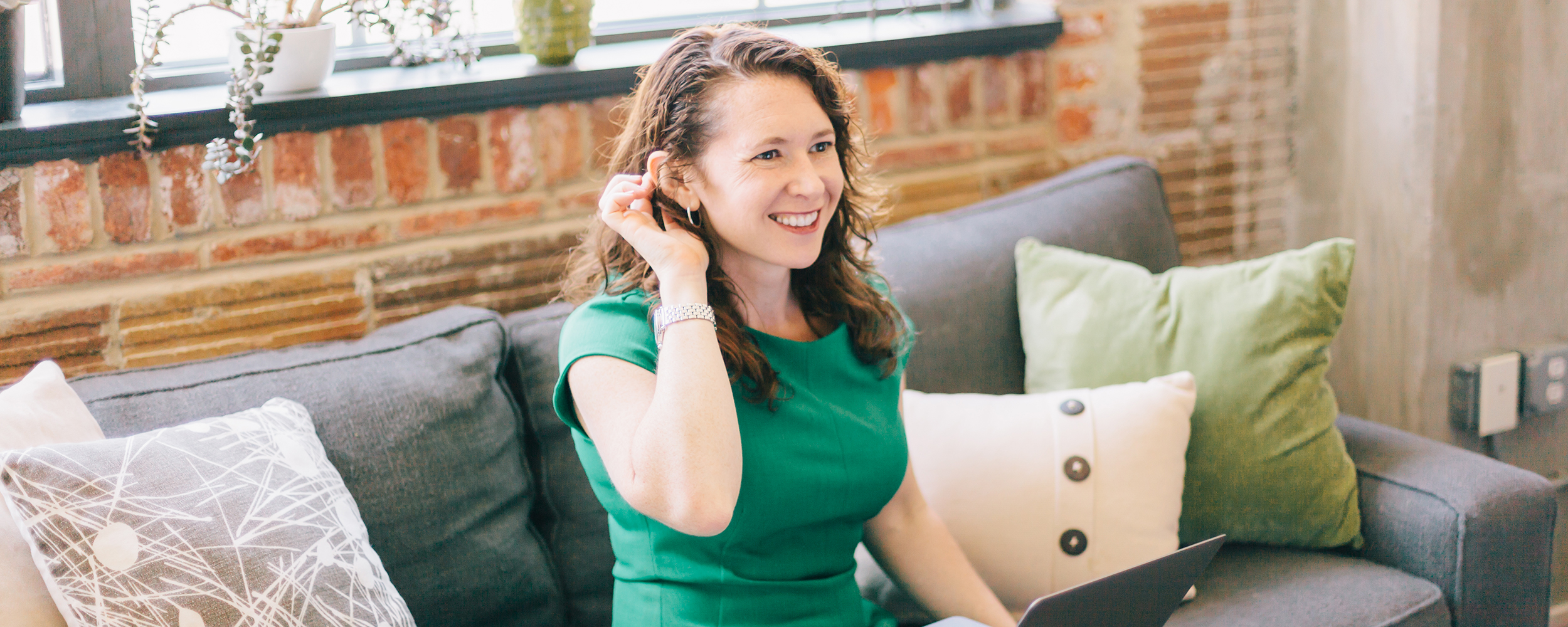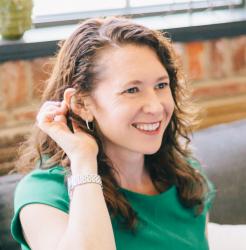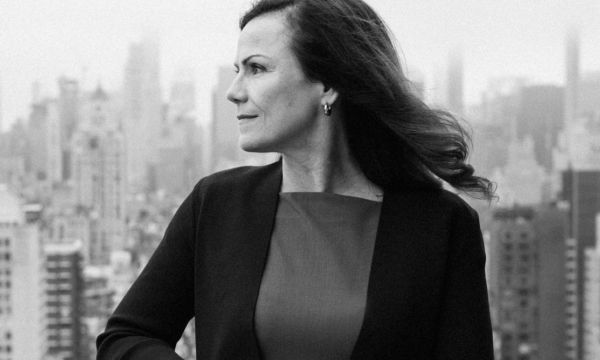Decluttering My Career: How I Went From Global Health to Konmari Consulting
June 09, 2017 | Filed in: Your Brain
Even before I began my career, my passion was clear: I wanted to throw my professional energy into global HIV/AIDS programs. I started volunteering in local HIV/AIDS organizations in Boston during middle school, when my uncle succumbed to the disease; by the end of college, the epidemic was spreading in Africa, so I headed across the Atlantic. I studied international public health in grad school, and from 2003 onwards, I traveled around the globe for the President’s Emergency Plan for AIDS Relief (PEPFAR). It was impactful. It was rewarding. It was exhausting.
After 13 years of travel, I settled into what was supposed to be the “right” position for where I was in my life and career: mid-level management at a government agency in Washington, D.C., continuing to tackle the issues I was deeply passionate about… except I didn’t feel that way anymore. Surrounding me were some of the most negative people I had ever encountered, and it began to affect my outlook on every aspect of the job. On paper, everything looked good—maybe even great—but in reality, my days were mind-numbing. I was at a loss about what to do. How could I feel this way about a program where I’d once been so passionate?
I figured if I worked harder, I could overcome my self-doubt, but the strategy backfired. I put in longer hours, stress-ate Chex Mix at my desk every day, and let my exercise habits slide along with my mood. I no longer saw a future in my chosen field that looked anything other than miserable, but I felt too far along to do anything about it.
And then, something terrible happened. A dear friend committed suicide. And for a moment, my life stopped also.
Suddenly, time didn’t feel infinite anymore. I realized that it was a gift to get up every day and make choices about how I wanted to feel, what I wanted to do, how I wanted to be. Why was I still choosing to walk into that office every day? I didn’t want to be there, and I hadn’t for a long time.
I knew that staying in this downward spiral at work was going to move me closer to the helplessness my friend felt, and away from a life that felt purposeful. If I was being honest about what mattered to me most, then I had to admit I was done there. But what next?
When a colleague who was moving remarked that she wished I could help her pack (I had a reputation among my friends for being super-organized—perhaps due to my years of travel), it struck me that perhaps she wasn’t the only one who might feel that way. Not only was organizing a legitimate job that could pay my bills, but it was something that I was happy doing at home or with friends and colleagues. As I was mulling this over, I learned that Marie Kondo—the author of the best-selling book, The Life Changing Magic of Tidying Up—was about to launch her first program in the U.S. to train consultants in her method. I had read her book a year earlier, and experienced the power of her philosophy firsthand. A lightbulb went off: This was the push, and the credential I needed to have the courage to start something new. What if I could also help people create joyful spaces where they lived? And earn money at the same time?
One week after walking away from my stable, well-paid, professionally-respected position, I sat in a New York City office getting trained by Marie Kondo herself. To take a page from her playbook, it really felt as though I had discarded something enormous that was no longer bringing me joy—so that I could make room for what does. Over the last year, I’ve built my own company, Declutter DC, which provides organizing services around the Washington, D.C. area.
The idea of being an entrepreneur never resonated with me because I’d always assumed it was reserved for business-minded people, and I never saw myself through that lens. But once I started running Declutter DC, I realized though that many of skills I needed to manage my company were ones I had already cultivated in my professional life (resiliency, project management, being a good listener, etc); that made it seem less scary and more accessible to my public health-minded brain.
My business also harnesses so much creativity that I wasn’t able to use in my previous positions. I am constantly learning new things—website design, marketing, scheduling platforms—and that keeps me engaged and moving forward every day. I’ve put down the Chex Mix and picked up yoga again. I also found a way to bring global health work back into my life by doing part-time consulting for former colleagues. I love that I get to stay connected to the best parts of my past profession, but in a way that supports my new schedule.
I have no regrets—none at all—about leaving my old job. Would it be nice to have an employer pay my health insurance? Or know that my retirement accounts were growing? Sure, but I can manage for now with what I have, and I am hopeful about the options ahead.
This week is the one year anniversary of my friend’s death. He had felt he was out of choices, and thus made the worst. I take no solace in that I “learned something” from his death, but it did sharpen my priorities and force me to confront a real fear—that of being stagnant—so that I could reclaim responsibility for my personal well-being, and my professional future.
Jenny Albertini wears the Nisa dress.









